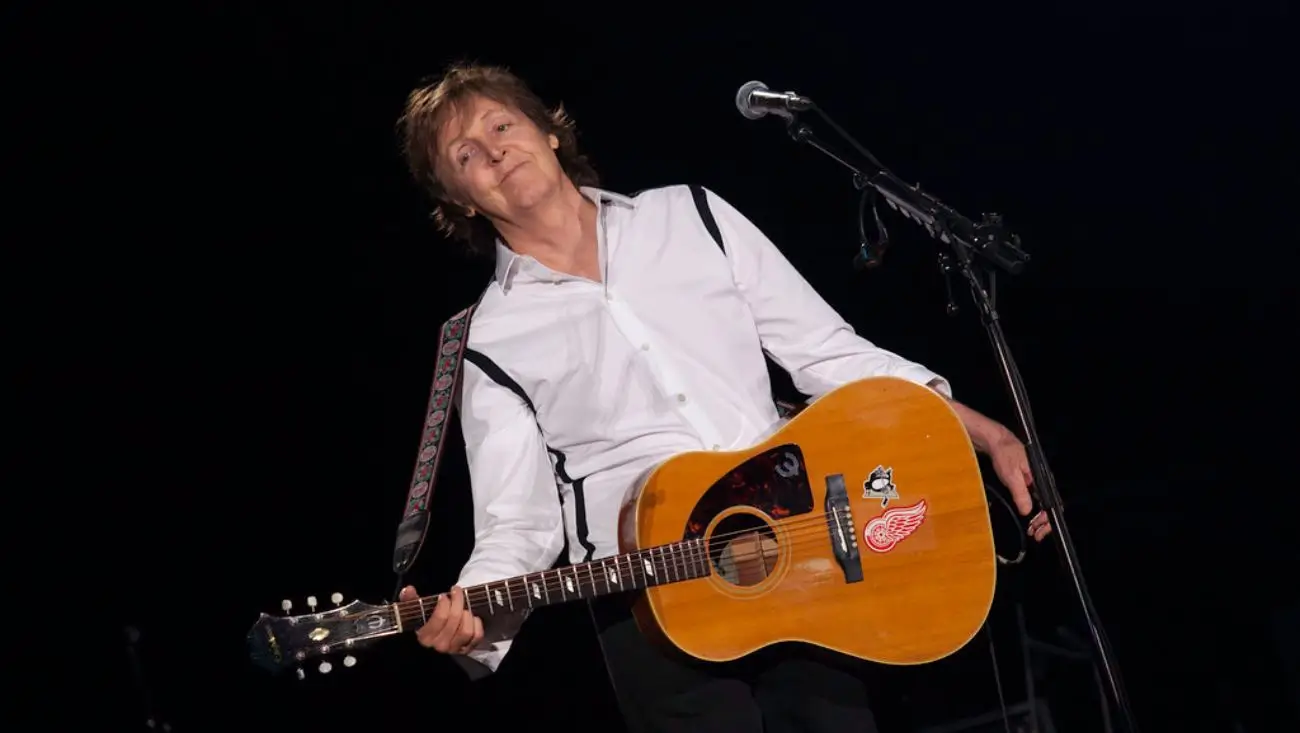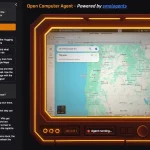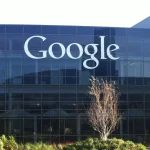A coalition of over 400 renowned artists, including Dua Lipa, Paul McCartney, Elton John, and Ian McKellen, has issued an open letter to UK Prime Minister Keir Starmer, calling for stronger copyright protections against AI. The letter warns that proposed AI copyright exemptions could jeopardize the UK’s creative industries by allowing tech companies to exploit artists’ work without permission. As AI’s role in content creation grows, this high-profile plea underscores the urgent need to balance technological innovation with the rights of creators.
The artists, joined by figures like Kate Bush, Robbie Williams, and the Royal Shakespeare Company, argue that copyright is the “lifeblood” of their industry. They oppose a government proposal in the Data (Use and Access) Bill that would permit AI companies to use copyrighted material unless creators opt out—a process they deem burdensome and impractical. Music producer Giles Martin, quoted by The Guardian, highlighted the unfair burden on young artists, saying they shouldn’t have to focus on “how to stop someone stealing” their work. This concern echoes broader AI ethical debates, where the misuse of data has sparked significant backlash.
The controversy centers on an amendment in the House of Lords, led by Baroness Beeban Kidron, which seeks to compel AI developers to disclose when copyrighted works are used to train their models. This push for transparency follows earlier protests, such as a symbolic silent album by Annie Lennox and Damon Albarn in February 2025 to raise awareness. The artists’ stance aligns with other AI-driven transparency efforts, like Google’s Gemini AI initiatives, which aim to prioritize ethical tech practices.
However, the issue is complex. Proponents of the exemption argue that restrictive copyright laws could hinder AI innovation, potentially driving development outside the UK and impacting economic growth. Yet, the lack of transparency in AI training data—often scraped from vast copyrighted datasets—remains a sticking point, a problem also seen in AI accessibility challenges. Smaller artists, in particular, may lack the resources to navigate opt-out systems, exacerbating inequities, much like concerns in cybersecurity discussions. The debate also highlights the need for global standards, as inconsistent regulations could create a patchwork of protections for creators.
The House of Lords’ decision could set a global precedent for AI and copyright law, potentially influencing how other countries address the issue, similar to how AI communication tools are shaping ethical tech standards. For now, the creative community hopes Starmer will prioritize their rights over tech interests. What do you think—should AI companies be free to use copyrighted material, or do artists deserve stronger protections? Share your thoughts in the comments—we’d love to hear your take on this critical debate.







